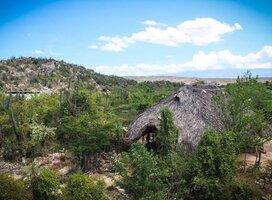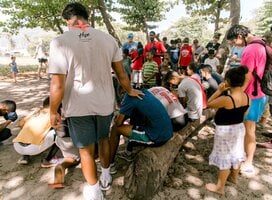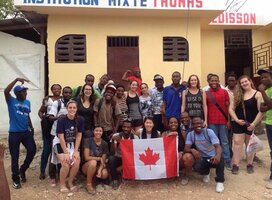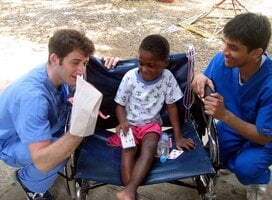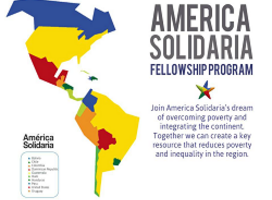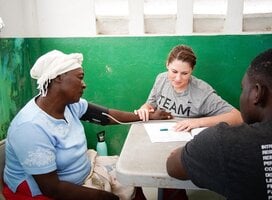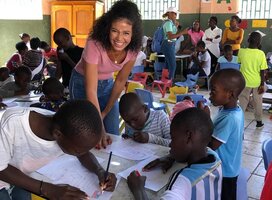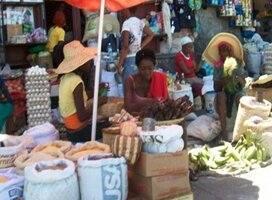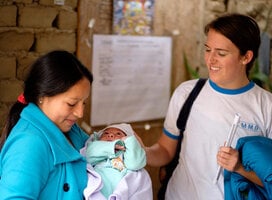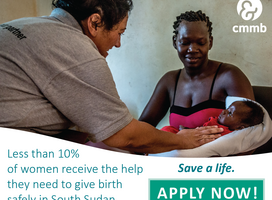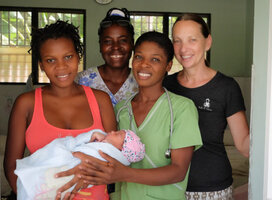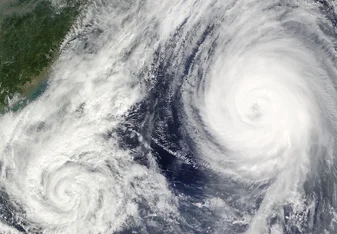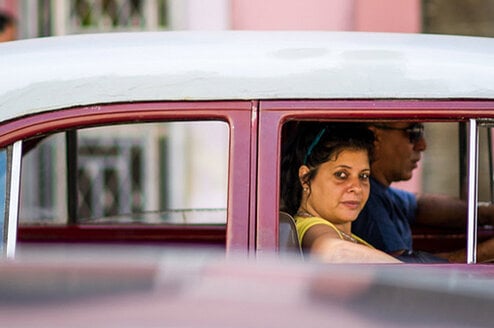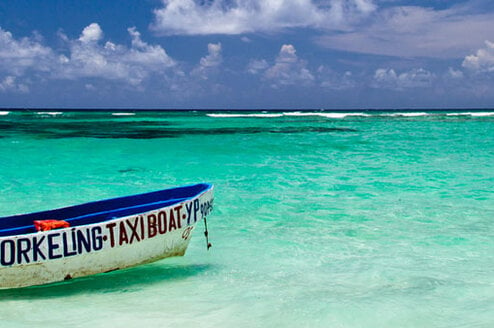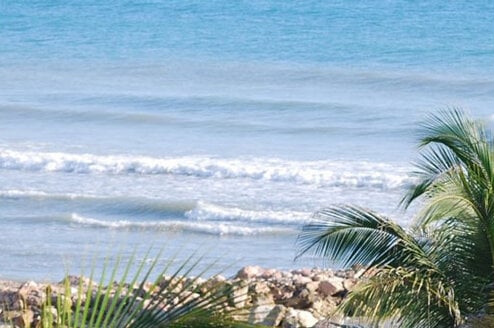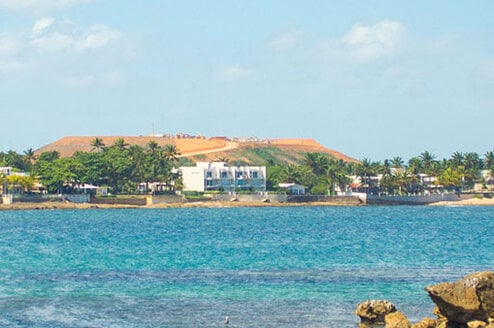Volunteer in Haiti
Recently, Haiti has undergone some extreme challenges. The 2010 earthquake devastated all walks of Haitian life, but the country would not currently be as stable as it is were it not for the legions of volunteers and aid workers who committed themselves to Haiti's recovery. That said, there is still much to do to improve the lot of Haitian lives.
All sectors of the society are in need of major improvements; Haiti generally ranks towards the bottom of development indicators. Literacy rates are low as is access to electricity, clean water, and hospitals. Infectious disease rates are high as a result. Few countries have both the dire need and the ease of access from North America that Haiti offers for volunteers.
Unfortunately, though, this beautiful country has experienced violent political unrest in recent years. In March 2024, the Haitian government declared a State of Emergency that is still in place. Currently, travel to Haiti is not recommended by the US Department of State.
Construction
The need in Haiti for secure homes and construction skills cannot be overstated. As the 2010 earthquake demonstrated, and hurricanes remind us, Haiti is vulnerable to natural disasters. Compounding the threat is the fact that many buildings are not structurally durable enough to withstand intense seismic and climatic events.
Without sound building techniques and sturdy structures, any such events in the future will again have dramatic humanitarian consequences on a scale much larger were that infrastructure not in place. Many structures currently need repair and still, many families are in need of better housing solutions. Additionally, workforce training in construction skills would go a long way toward equipping Haitians to be self-sufficient.
Health Care
Haiti suffers from a lack of treatment centers and qualified medical practitioners. In both rural and urban communities, medical volunteers and support staff are integral to providing a wide range of healthcare services that would not exist otherwise. Many organizations accept volunteers with medical skills ranging from none to fully-licensed professionals. Volunteers have the opportunity to learn about medicine in the developing world as well as to teach Haitian healthcare workers.
Orphanage
Volunteering in orphanages is a popular option due to the sheer number of available organizations and broad scope of work. Haiti has a large number of orphans many of whom have medical issues and malnutrition to contend with. They need routine medical and emotional support, education, and facilities within which to receive those services.
To meet these needs, large numbers of volunteer caregivers are needed to serve in capacities ranging from teaching and mentoring to administration and construction. Many organizations also work as missions with religious education being a featured component. It’s important to note that anyone considering working in an orphanage or as a caregiver for children must be committed for a year, must have proper training to work with kids, and must research their organization to ensure its authenticity.
Community Development
In addition to healthcare and construction, there are many more areas of service in which a volunteer in Haiti can share expertise. Lack of education is another of Haiti's many problems and results in one of the lowest literacy rates in the world.
Also, public sanitation and access to clean drinking water have enormous consequences on Haiti's ability to avoid outbreaks such as the ongoing cholera epidemic that places huge strains on an already taxed medical infrastructure. And like many regions of the world, Haiti suffers from deforestation and depletion of natural resources, all of which have direct influence on the land's ability to literally weather the storms that ravage the country.
Contact the volunteer organization and ask questions related to health, safety, airport pick-up/drop-off, in-country travel, access to ATMs, communications, medical facilities, food, and clean water. Also see if there are any supplies needed that would be easy for you to transport. Check current safety advisories and speak to a travel health specialist to get required and suggested medications and vaccines.
Embassies are located in Port-au-Prince; consider registering your trip before you depart. Facilities are extremely limited as is access to them so pack with self-sufficiency in mind so as not to deplete the resources of your volunteer organization. Keep copies of important documents, itineraries, and contact numbers with you. Consider travel and evacuation insurance if the host organization does not already have them in place for volunteers.
NGO/Non-Profit history
Haiti's turbulent history, politically and environmentally, has made foreign aid crucial to its livelihood. Unfortunately, that has also fueled corruption and mismanagement of funds whereby Haiti's elite prosper behind guarded compounds while the rest of the country suffers.
Despite that fact and in response to the 2010 earthquake outside Port-au-Prince, an influx of NGOs established programs to help Haiti recover, rebuild, and rehabilitate. Haiti receives a sizeable portion of its GDP from foreign aid, and is thus extremely dependent on the goodwill, both in money and services, provided from abroad. While the media coverage of the Haitians' plight has waned, the need for international support has not.
